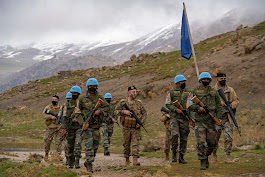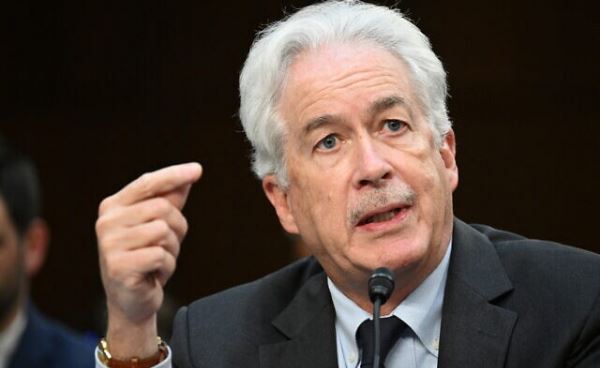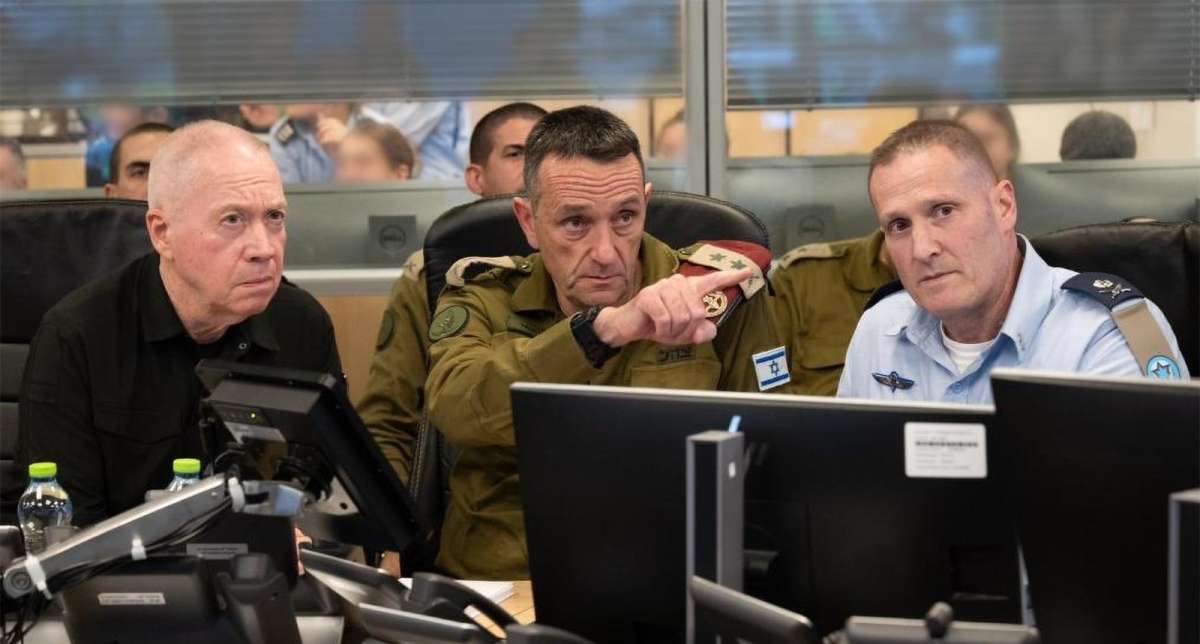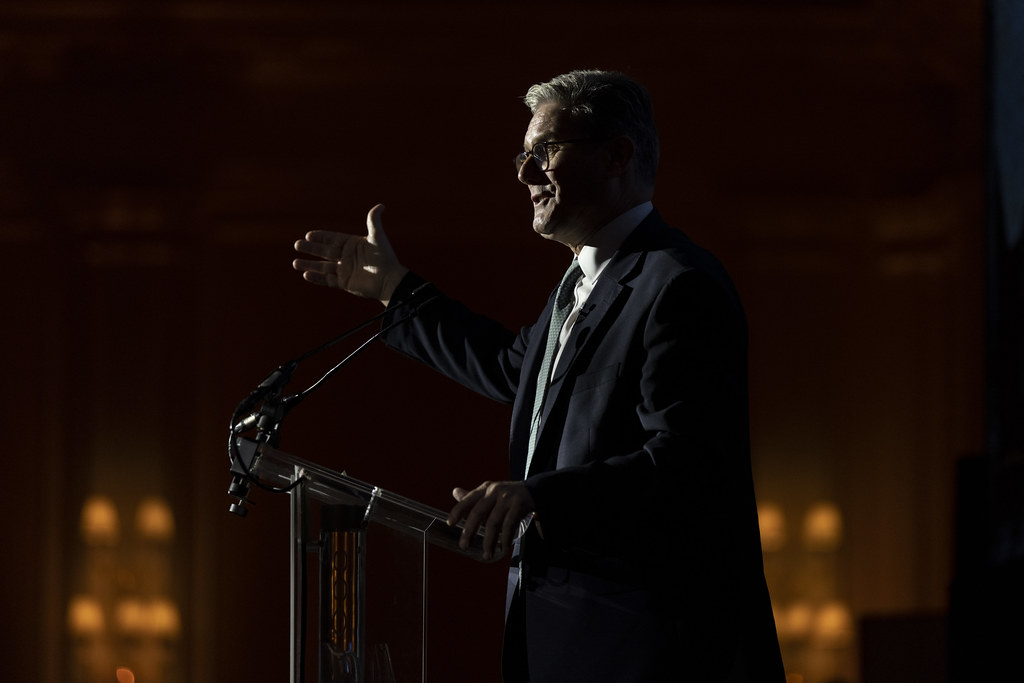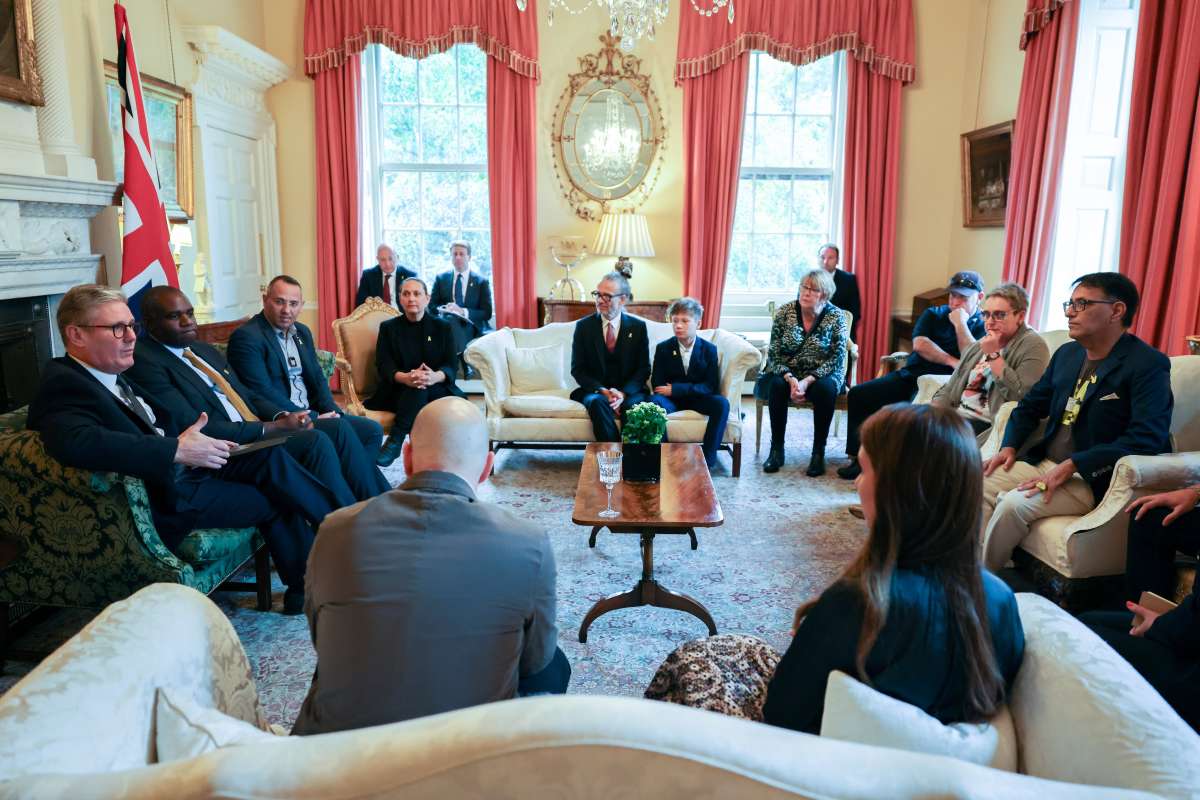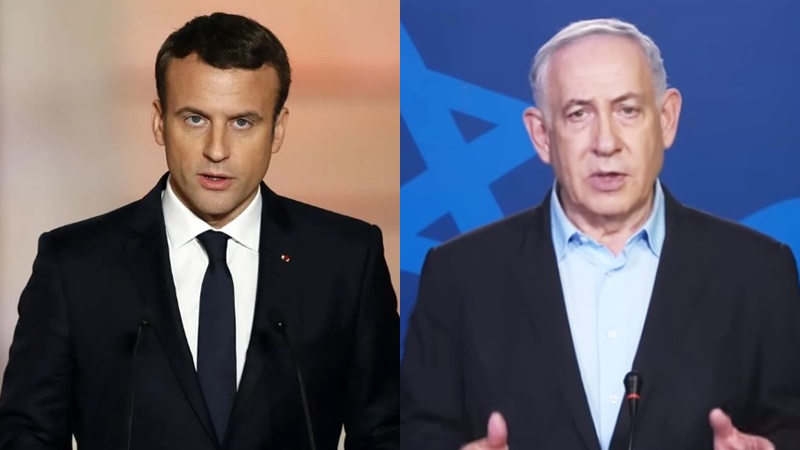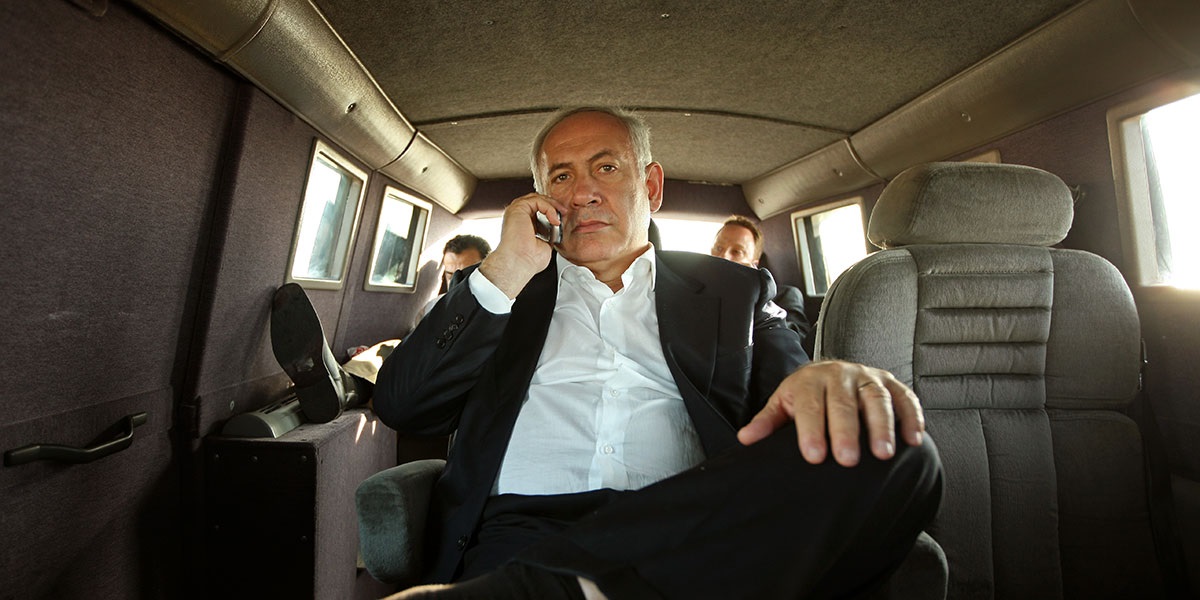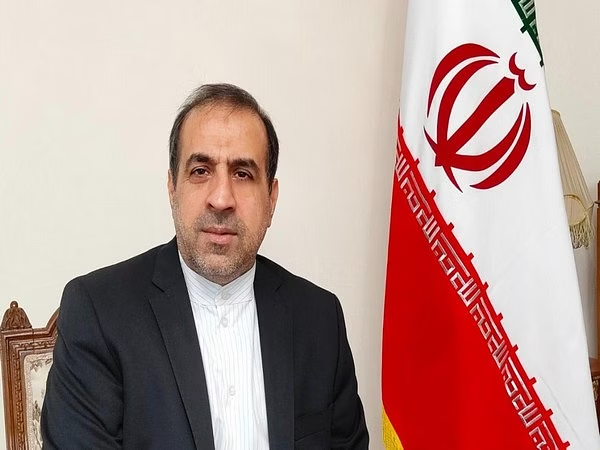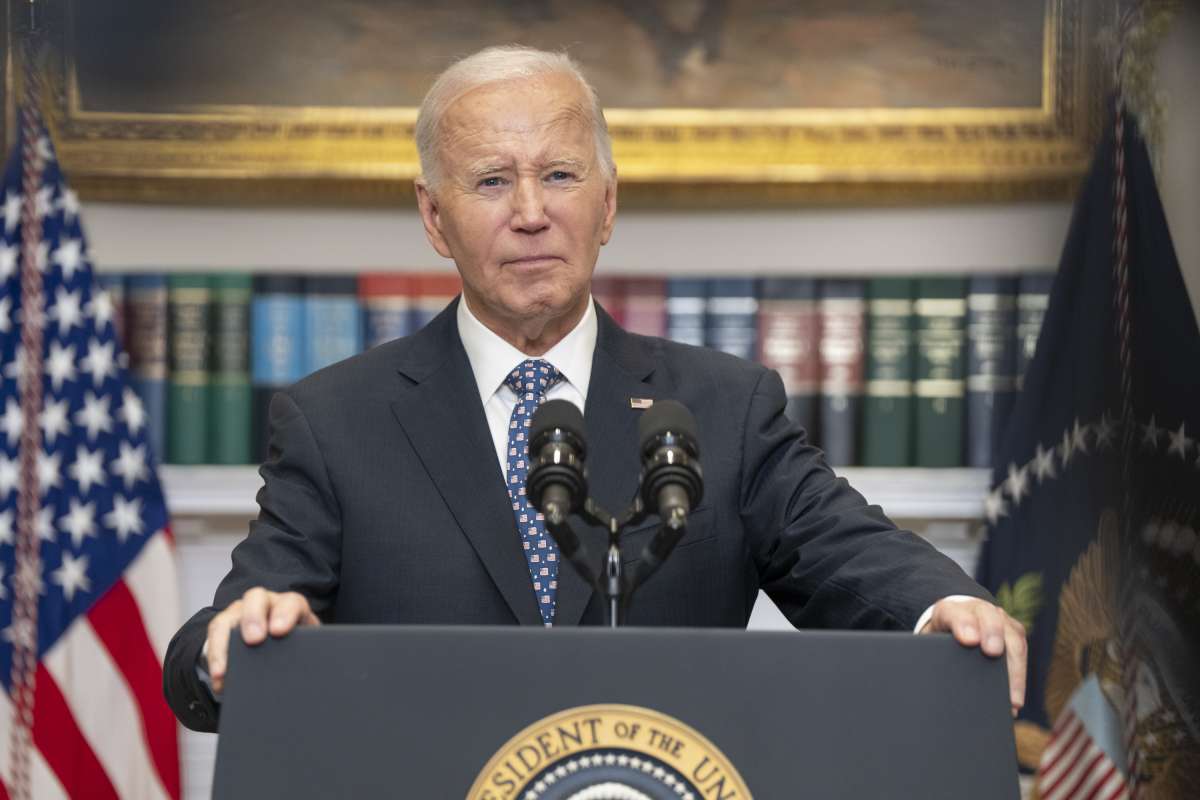UNIFIL spokesman fears an Israeli escalation against Hezbollah in south Lebanon could soon spiral out of control “into a regional conflict with catastrophic impact for everyone”…reports Asian Lite news
UN peacekeepers in Lebanon warned Saturday against a “catastrophic” regional conflict as Israeli forces battled Hezbollah and Hamas militants on two fronts, on the holiest day of the Jewish calendar.
Israel has faced a fierce diplomatic backlash over incidents in south Lebanon that saw five Blue Helmets wounded. On Saturday, the Lebanese health ministry said Israeli air strikes on two villages located near the capital Beirut killed nine people.
Israel had earlier told residents of south Lebanon not to return home, as its troops fought Hezbollah militants in a war that has killed more than 1,200 people since September 23, and forced more than a million others to flee their homes.
“For your own protection, do not return to your homes until further notice… Do not go south; anyone who goes south may put his life at risk,” Israeli military spokesman Avichay Adraee posted on X.
Hezbollah said Saturday it launched missiles across the border into northern Israel, where air raid sirens sounded and the military said it had intercepted a projectile.
UNIFIL spokesman Andrea Tenenti told he feared an Israeli escalation against Hezbollah in south Lebanon could soon spiral out of control “into a regional conflict with catastrophic impact for everyone.” The UN force said five peacekeepers have been wounded by fighting in south Lebanon in just two days, and Tenenti said “a lot of damage” had been caused to its posts there. Around Israel, markets were closed and public transport halted as observant Jews fasted and prayed on Yom Kippur.
After the holiday, attention is likely to turn again to Israel’s expected retaliation against Iran, which launched around 200 missiles at Israel on October 1. Israel began pounding Gaza shortly after suffering its worst ever attacks from Iran-backed Hamas militants on October 7 last year, and it launched a ground offensive against Hezbollah in Lebanon on September 30.
On Friday, Israel faced criticism from the UN, its Western allies and others over what it said was a “hit” on a UN peacekeeping position in Lebanon. Two Sri Lankan peacekeepers were hurt in the second such incident in two days, UNIFIL said Friday.
Israel’s military said soldiers had responded to “an immediate threat” around 50 meters (yards) from the UNIFIL base in Naqura, and has pledged to carry out a “thorough review.” The Irish military’s chief of staff, Sean Clancy, said it was “not an accidental act,” and French President Emmanuel Macron said he believed the peacekeepers had been “deliberately targeted.”
Both countries are major contributors to UNIFIL whose peacekeepers are on the front line of the Israel-Hezbollah war. Efforts to negotiate an end to the fighting have so far failed, but Lebanese Prime Minister Najib Mikati said his government would ask the UN Security Council to issue a new resolution calling for a “full and immediate ceasefire.”
Lebanon’s military said Friday an Israeli strike on one of its positions in south Lebanon killed two soldiers.
Meanwhile, India joined a statement from troop-contributing countries condemning recent attacks on UNIFIL peacekeepers in Lebanon, as a fifth peacekeeper was injured on Saturday.
Poland released a joint statement from 34 countries troop contributing countries of UNIFIL who have sent troops which said that it “strongly condemn recent attacks on the UNIFIL peacekeepers”.
The statement said that the actions “must stop immediately and should be adequately investigated”. It doesn’t name Israel in the statement.
Though India was not initially listed as a co-signatory, the Indian permanent mission at the UN put out a tweet that India had “fully aligned itself with the statement”. “Safety and security of peacekeepers are of paramount importance and must be ensured in accordance with extant UNSC Resolutions,” it added.
Later on Saturday evening, in a fresh tweet, the Polish mission said support for the statement was growing and thanked India, Germany, Greece, Colombia and Uruguay for joining. The joint statement urged “the parties of the conflict to respect UNIFIL’s presence, which entails the obligation to guarantee the safety and security of its personnel at all times, so that they can continue to implement its mandate and continue their work of mediation and support for peace and stability in Lebanon and the entire region”.
“We reiterate our commitment to multilateral cooperation with the UN at its core. We call for respect for the international law, in particular the Charter of the United Nations as well as the relevant resolutions of the Security Council,” it said.
The statement also said that the countries reaffirmed their “full support for UNIFIL’s mission and activities, whose principal aim is to bring stabilisation and lasting peace in South Lebanon as well as in the Middle East, in line with relevant resolutions of the UN Security Council”. “We consider UNIFIL’s role as particularly crucial in light of the escalating situation in the region,” it said.
The UN peacekeeping mission currently consists of 10,058 peacekeepers from 50 countries, with Indonesia contributing the largest number of troops, followed by Italy and India.
A day earlier, India expressed concern about the “deteriorating security situation along the Blue Line.” Without specifically naming Israel, India emphasized that “the inviolability of UN premises must be respected by all, and appropriate measures taken to ensure the safety of UN peacekeepers and the sanctity of their mandate.”
ALSO READ: Thousands March For Gaza At Cape Town
ALSO READ: ‘Interim B’desh govt excluding indigenous peoples, minorities’

